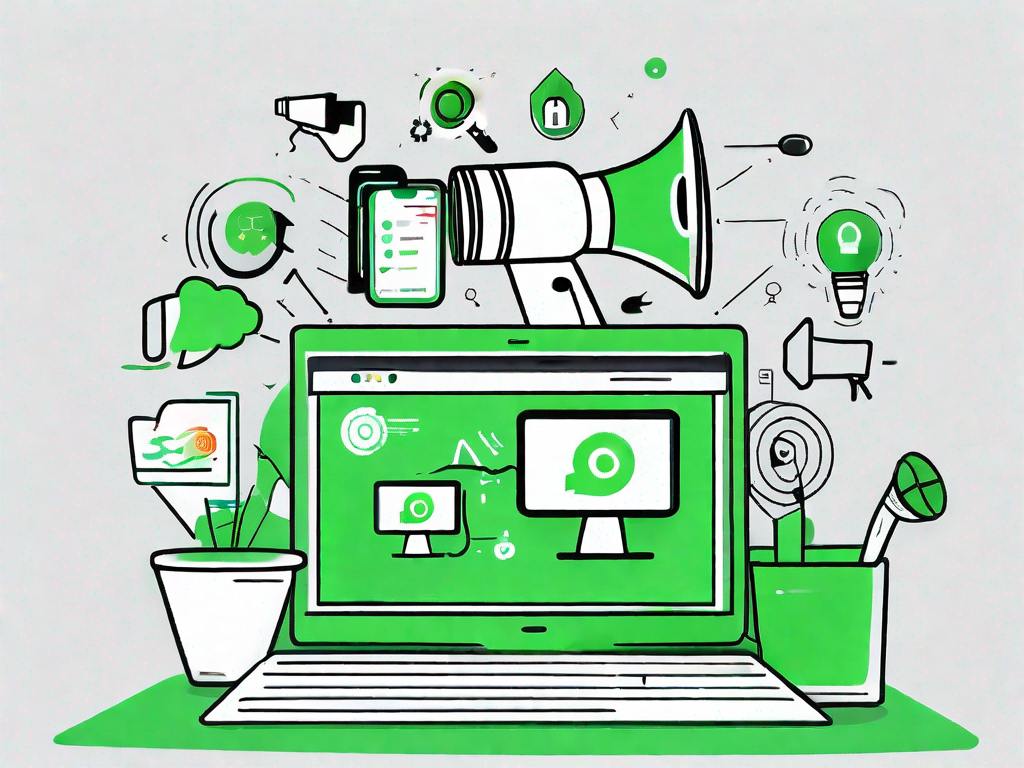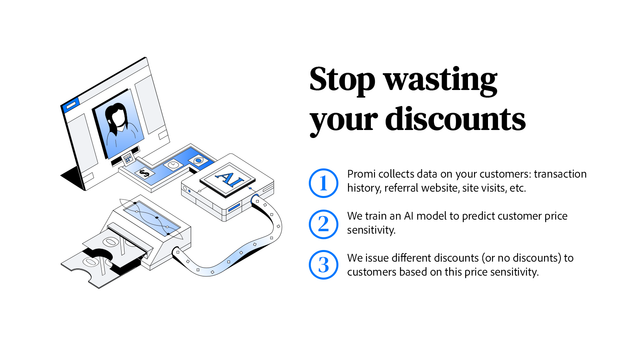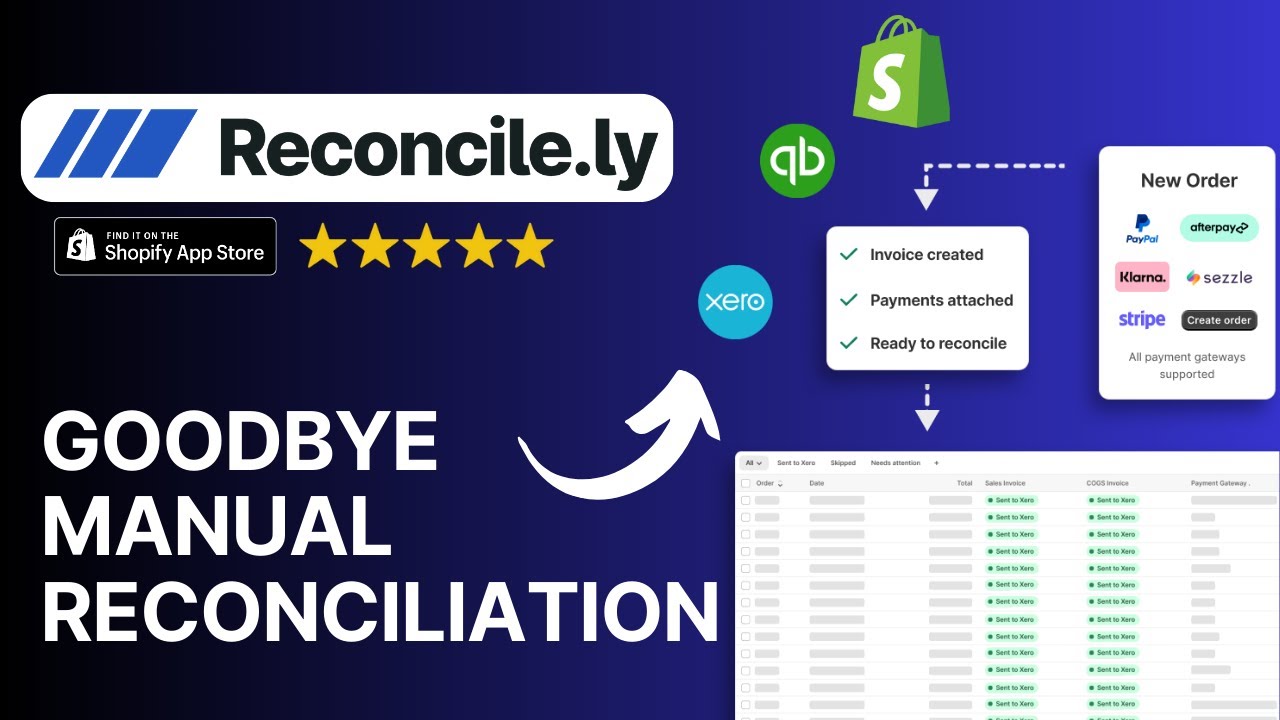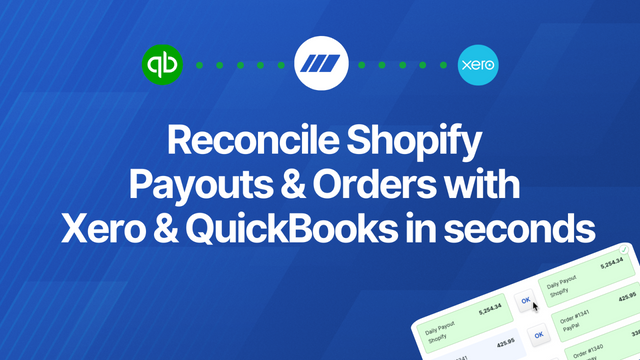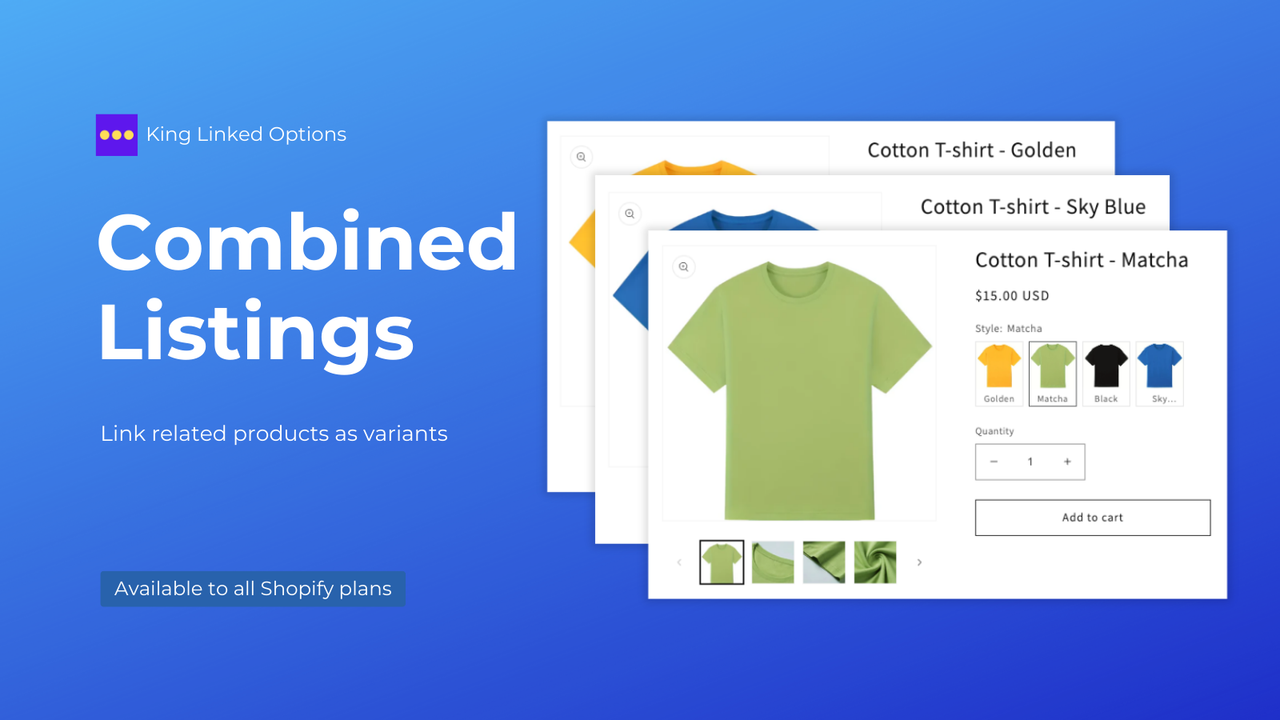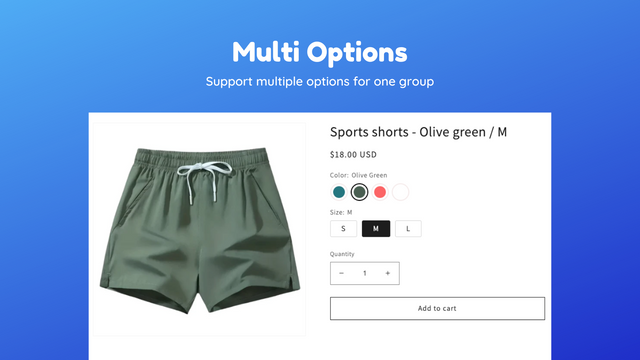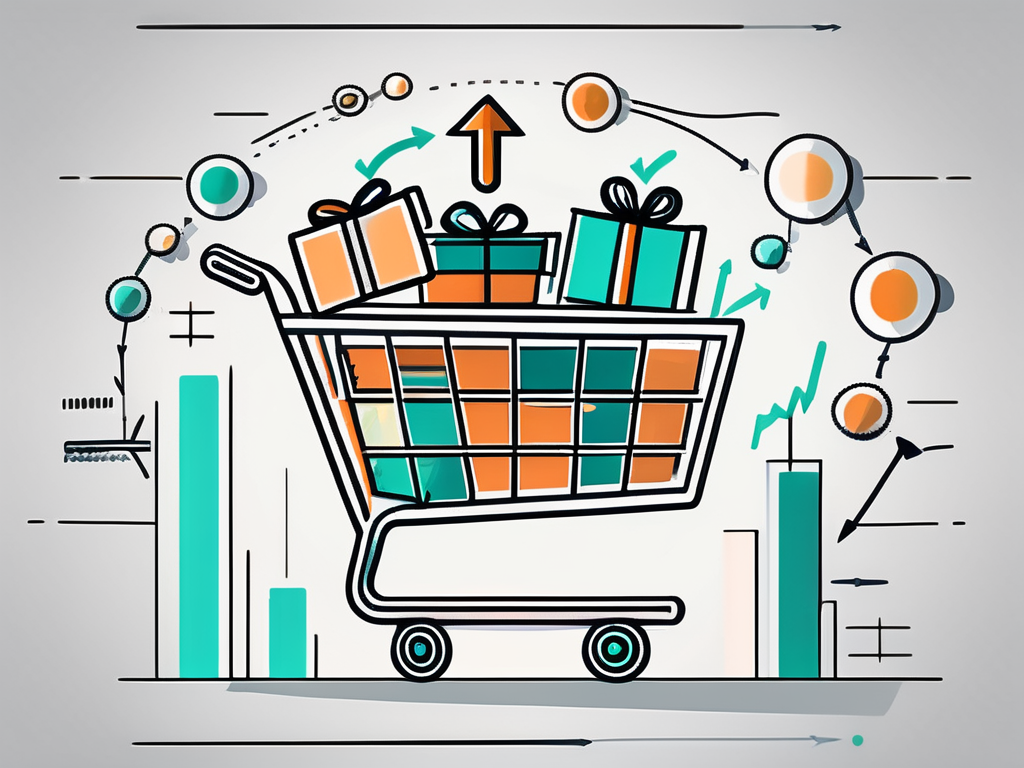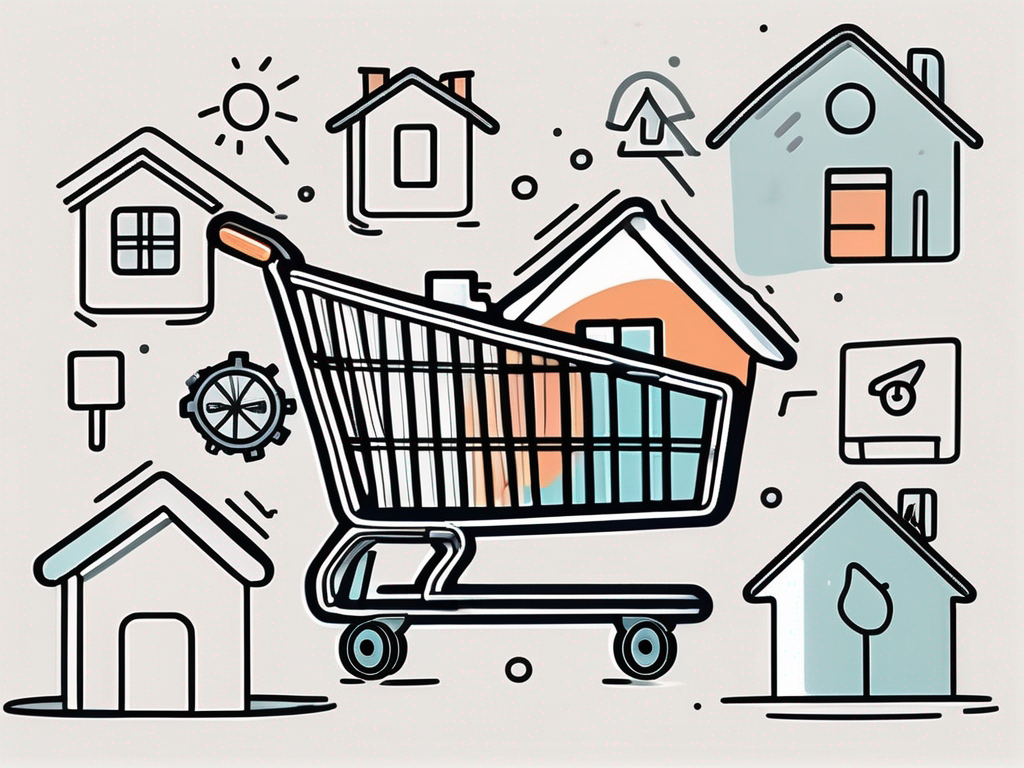In today's competitive ecommerce landscape, having a strong marketing strategy is crucial for the success of your Shopify store. With the right approach, you can attract more customers, increase sales, and build brand loyalty. In this article, we will explore various strategies and techniques that can help you enhance the marketing strategy of your Shopify store.
Understanding the Basics of Shopify Marketing
The first step in enhancing your marketing strategy is to understand the basics of Shopify marketing. This involves grasping the fundamental concepts of marketing and how they apply to your ecommerce business. A solid understanding of your target audience, market trends, and competitive landscape will set the foundation for effective marketing campaigns.
When it comes to Shopify marketing, having a comprehensive strategy is crucial. It serves as the backbone of any successful Shopify store, outlining your goals, identifying your target audience, and mapping out the tactics you will use to reach and engage with your customers. Without a well-defined strategy, your marketing efforts may lack focus and direction, resulting in wasted resources and missed opportunities.
The Importance of a Solid Marketing Strategy
A solid marketing strategy is essential for several reasons. Firstly, it provides clarity and direction for your marketing efforts. By clearly defining your goals and target audience, you can tailor your messaging and tactics to effectively reach and engage with your customers. Secondly, a well-defined strategy helps you allocate your resources effectively. By understanding your market trends and competitive landscape, you can identify the most impactful marketing channels and tactics to invest in. Lastly, a solid marketing strategy enables you to measure and track your results. By setting specific goals and KPIs, you can evaluate the success of your campaigns and make data-driven decisions to optimize your marketing efforts.
Key Components of Shopify Marketing
In order to develop an effective marketing strategy, it is important to consider the key components of Shopify marketing. These components work together to create a holistic approach to marketing your Shopify store:
- Target audience identification: Understanding who your ideal customers are is crucial for effective marketing. By conducting market research and analyzing customer data, you can gain insights into their needs, preferences, and behaviors. This information allows you to tailor your marketing messages to resonate with your target audience and drive conversions.
- Brand positioning: Clearly communicating your unique value proposition and differentiating your brand from competitors is essential for standing out in a crowded market. By identifying your brand's strengths, values, and personality, you can develop a compelling brand story that resonates with your target audience and builds brand loyalty.
- Content marketing: Creating valuable and engaging content is a powerful way to attract and retain customers. By producing blog posts, videos, infographics, and other forms of content, you can educate, entertain, and inspire your audience. This positions your brand as a trusted authority in your industry and encourages customers to engage with your store.
- Social media marketing: Utilizing social media platforms is a great way to build brand awareness, foster community engagement, and drive traffic to your store. By creating and sharing compelling content, engaging with your audience, and leveraging social media advertising, you can expand your reach and build a loyal customer base.
- Search engine optimization (SEO): Optimizing your store's content and structure is crucial for improving visibility and organic search rankings. By conducting keyword research, optimizing your product descriptions and meta tags, and building high-quality backlinks, you can increase your store's visibility in search engine results and attract organic traffic.
- Email marketing: Building a targeted email list and sending personalized and relevant messages is an effective way to nurture customer relationships. By segmenting your email list based on customer preferences and behaviors, you can deliver tailored content and promotions that drive engagement and conversions.
- Influencer marketing: Collaborating with influencers in your niche can help you expand your reach and build credibility. By partnering with influencers who align with your brand values and have a dedicated following, you can tap into their audience and leverage their influence to promote your products or services.
By considering these key components and incorporating them into your Shopify marketing strategy, you can create a comprehensive and effective approach to promoting your ecommerce business. Remember, marketing is an ongoing process, and it's important to continuously evaluate and optimize your strategies based on customer feedback and market trends.
Optimizing Your Shopify Store for SEO
SEO, or search engine optimization, is a crucial factor in driving organic traffic to your Shopify store. By implementing effective SEO strategies and optimizing your store's content and structure, you can significantly improve its visibility in search engine results and attract more potential customers.
But what exactly does it mean to optimize your Shopify store for SEO? Let's dive into some key areas that you should focus on to maximize your store's search engine visibility.
Keyword Research for Your Products
One of the fundamental steps in SEO is conducting thorough keyword research. This process involves identifying relevant keywords and phrases that your target audience is likely to search for when looking for products or solutions that your store offers. By understanding the language and terms your potential customers use, you can strategically incorporate these keywords into your product descriptions, blog posts, and other content.
There are various keyword research tools available that can help you discover high-demand, low-competition keywords. These tools provide valuable insights into search volume, competition level, and related keywords, allowing you to make informed decisions about which keywords to target. By selecting the right keywords, you can increase the chances of your store appearing in search results and reaching a wider audience.
Improving Your Site's Loading Speed
Site speed is not only crucial for providing a positive user experience but also plays a significant role in SEO. Slow-loading sites not only frustrate users but also receive lower rankings in search results. Therefore, it is essential to optimize your Shopify store's loading speed to ensure optimal performance.
There are several techniques you can employ to improve your site's loading speed. One effective method is compressing images. Large image files can significantly slow down your site, so it's important to compress them without compromising their quality. By reducing the file size of your images, you can enhance your site's loading speed and provide a smoother browsing experience for your visitors.
Another technique is leveraging browser caching. By instructing browsers to store certain elements of your site, such as images, CSS files, and JavaScript, in their cache, you can reduce the amount of data that needs to be downloaded each time a user visits your site. This can lead to faster load times and improved overall performance.
In addition to compressing images and leveraging browser caching, minimizing code is another effective way to enhance your site's loading speed. Unnecessary code and scripts can slow down your site, so it's important to review and optimize your code regularly. By removing any redundant or unused code, you can streamline your site's performance and improve its loading speed.
Regularly monitoring your site's speed is crucial to ensure optimal performance. There are various tools available that can help you analyze your site's speed and identify areas for improvement. By regularly assessing and making necessary adjustments, you can maintain a fast and responsive Shopify store that not only pleases your visitors but also ranks higher in search engine results.
By focusing on these key areas and implementing effective SEO strategies, you can optimize your Shopify store for search engines and increase its visibility to potential customers. Remember, SEO is an ongoing process, and it requires continuous effort and monitoring to stay ahead of the competition. So, start implementing these strategies today and watch your store's organic traffic grow!
Utilizing Social Media Platforms
Social media platforms provide powerful marketing opportunities for Shopify store owners. By utilizing these platforms effectively, you can reach a wider audience, increase brand exposure, and drive more traffic to your store.
Choosing the Right Social Media Channels
Not all social media channels are created equal. It is essential to identify the platforms that align with your target audience and business objectives. Conduct market research to determine which channels your customers are most active on and focus your efforts accordingly. Whether it's Instagram, Facebook, Twitter, or Pinterest, choose the platforms that offer the best return on investment for your specific business.
Creating Engaging Content for Social Media
Engaging content is key to capturing and retaining the attention of social media users. Develop a content strategy that combines curated and original content, such as product showcases, behind-the-scenes peeks, customer testimonials, and helpful tips. Experiment with different formats, including images, videos, infographics, and live streams, to keep your social media presence fresh and engaging.
Implementing Email Marketing Campaigns
Email marketing remains one of the most effective strategies for nurturing customer relationships and driving conversions. By implementing targeted email campaigns, you can deliver personalized messages directly to your audience's inbox, increasing engagement and driving repeat business.
Building an Email List
The foundation of any successful email marketing campaign is a quality email list. Encourage visitors to subscribe to your newsletter by offering exclusive discounts, free resources, or informative content that delivers value. Use pop-up forms, landing pages, and exit-intent offers to capture email addresses and continuously grow your list.
Crafting Effective Email Marketing Messages
When crafting email marketing messages, it is important to provide relevant and valuable content to your subscribers. Segment your email list based on different criteria such as purchase history, interests, or engagement level, and tailor your messages accordingly. Use compelling subject lines, personalized greetings, and clear call-to-actions to entice recipients to open, read, and engage with your emails.
Leveraging Influencer Marketing
Influencer marketing has become a popular and effective way to connect with your target audience. Collaborating with influencers in your niche can help you tap into their established audience and build credibility for your brand.
Finding the Right Influencers for Your Brand
To find the right influencers for your brand, consider their relevance, reach, and engagement rate. Look for influencers who align with your brand values, have a substantial following, and regularly interact with their audience. Build relationships with influencers by offering value and establishing genuine connections.
Best Practices for Influencer Collaboration
When collaborating with influencers, it is important to clearly communicate your expectations and goals. Provide influencers with creative freedom to develop authentic and engaging content that resonates with their audience. Track and analyze the results of your influencer campaigns to gauge their effectiveness and make data-driven decisions for future collaborations.
By understanding the basics of Shopify marketing, optimizing your store for SEO, utilizing social media platforms, implementing email marketing campaigns, and leveraging influencer marketing, you can enhance the marketing strategy of your Shopify store and stand out in a competitive marketplace. Remember, marketing is an ongoing process, so regularly evaluate and adjust your strategies to meet the evolving needs of your audience.
Ready to take your Shopify store's marketing strategy to the next level? Let Owlfred, your wise and friendly owl companion, guide you through OwlMix's extensive directory of innovative Shopify apps. Whether you're focused on SEO, social media, email marketing, or influencer collaborations, OwlMix has the tools to enhance your online business. With apps categorized for your convenience and recommendations tailored to your needs, you're just a click away from discovering the perfect solution to optimize your store. Find your next Shopify app and watch your e-commerce success take flight!


